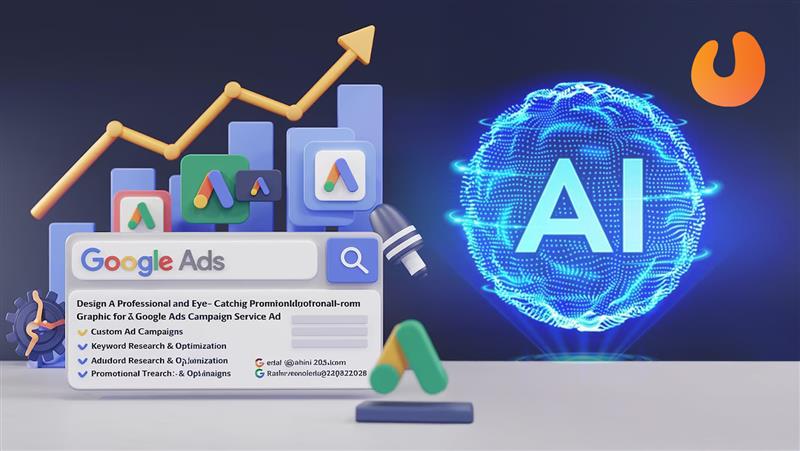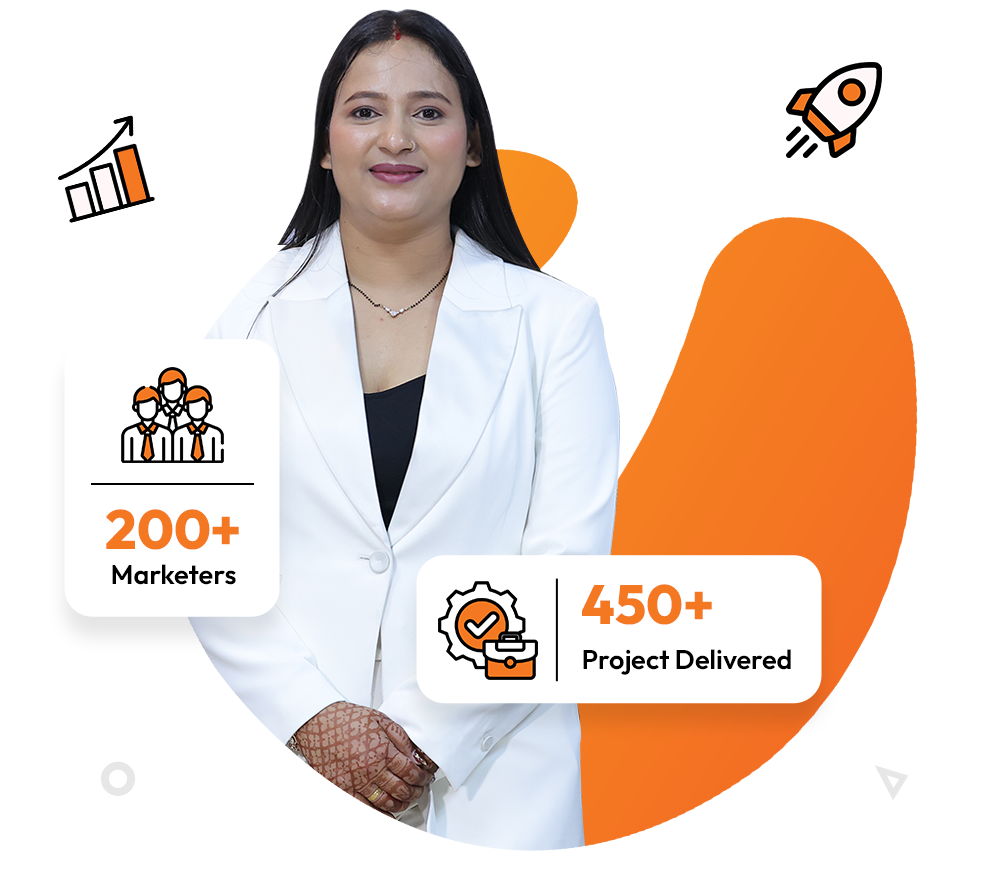

2025 will mark a historical turning point in the advertising industry. All the digital marketing strategies consider Artificial Intelligence (AI) as their fundamental part. Google Ads is the place where this can be seen the most clearly. Being the most data-centric advertising platform, Google Ads has completely accepted AI to enhance ad performance, targeting, and ROI.
Every AI-powered ad campaign and every AI-driven PPC strategy are examples of the unprecedented precision, efficiency, and personal touch which companies are being able to create through their marketing activities. In this post we’ll look at how AI is changing Google Ads in 2025, the impact of Google Ads automation and why working with the best PPC agency can help brands make the most of these advancements.
In the last few years AI has gone from being a supporting technology to a full campaign management powerhouse. AI in Google Ads is no longer just smart bidding or keyword suggestions it’s redefining how campaigns are built, optimised and scaled.
Data at Scale:AI is capable of evaluating and processing search requests with a total of billions as well as underlying conduct within the same time frame of milliseconds, and thus the process of identifying trends that are usually overlooked by humans becomes possible.
Personalisation: Users are now so much in the mood for the ads that are directly for them, and the messages are also matching their intent, demographics, etc.
Predictive Targeting: Although it was common practice for digital campaigns.
Google Ads automation has transformed from a simple, time-saving solution to a powerful strategic weapon. For marketers in 2025, it will be possible to automate virtually all aspects of their work bids, ads, and even performance reporting.
AI-driven bidding algorithms like Smart Bidding have got smarter, using real-time data like device type, time and audience signals to maximise conversions.
Under Google Ads automation with such a modification, relevant landing pages are automatically matched to user queries without requiring manual work. So your ad reaches the most relevant audience segment with minimal human input.
AI undergoes a never-ending process of dynamic testing to find out which combinations of headlines and descriptions work best. This continuous optimization not only keeps the ads competition-wise but also makes them to be within the limits of their target audience.
Through AI-based automation, it is now possible for businesses to operate campaigns of different scales or with different target audiences worldwide and to obtain equally good results in all places.
2025 has seen AI-powered ad campaigns redefine personalisation. Real-time intent-based targeting takes over traditional audience segmentation the AI looks not only at search queries but also at the following: at the same time:
Ads can be then, using that information, customized instantly.
The introduction of AI targeting to Google Ads has revolutionized the advertising process. The role of AI is no longer limited to keywords but rather it has become a matter of comprehending the audience’s mindset and foreseeing their future actions.
An AI model analyses previous interactions and contextual data to evaluate the chance of a user to convert. Thus, advertisers get the opportunity to distribute their assets across the most optimistic groups.
With Google’s Gemini and Bard AI systems, Google Ads can understand search context and emotional tone. The power of artificial intelligence lies in its ability to deliver advertisements that not only coincide perfectly with the user’s emotions and goals but do so with an incredible accuracy.
The targeting done by AI guarantees that the users will receive the same information in YouTube, Gmail, Search, and Display networks, which is a very smooth brand experience.
Pay-Per-Click (PPC) advertising enters a new era with AI-driven PPC strategies. Marketers no longer have to guess or manually split tests. AI optimizes campaigns in real-time.
Implementing these tactics will ensure you a higher CTR and conversion rates along with lower costs.
One of the coolest features of 2025 is the ability of AI to produce advertisements. Technologies like Gemini AI and Google’s Performance Max campaigns not only write attractive headlines and descriptions but also create them in real time along with visuals.
Thus, each advertisement is not only user specific but also consistent with your brand. Moreover, creativity along with data now exists in AI-powered advertisements.
Machine learning (ML) is the engine of AI in Google Ads. It learns from every interaction, click and impression to tune campaign performance.
The more running time of your campaigns, the more intelligent they become by gaining knowledge from the previous outcomes and thus being able to decide toward the future success.
While AI-driven PPC strategies are amazing, they also bring challenges.
If we consider the future, AI’s fate in Google Ads will be talking to people and predicting the future.
The subsequent phase will be the situation when Google Ads are going to be outdone in terms of intelligence, interaction, and human-likeness.
While 2023 was the last year for data training, AI applications in Google Ads are already making a difference in the marketing field, leading it to turn into a performance-driven tool in the year 2025. The AI used in Google Ads automation, ads that are powered by AI and strategies for PPC that are AI-led will bring you accuracy, effectiveness and personalization that are beyond your wildest expectations.
However, the effectiveness of the technology is directly related to the skills of the operators. Hence, partnering with the top PPC agency like BrandBurp will ensure that the efforts in your campaigns will be the mix of the above AI accuracy and human art and strategy.
The digital scenario is in a state of flux all the time, yet it is certain that the companies that will utilize AI in Google Ads now are going to be the ones leading the marketing battle tomorrow.
AI is going to be a game changer for Google Ads by introducing automation, predictive targeting and real-time personalization, which will lead to campaigns being more efficient and effective.
AI-powered advertising campaigns rely on machine learning and automation. They perform the tasks of human-like decision making by using the processes of auto-bidding, targeting, and content creation with the aim to increase conversion rates and return on investment (ROI).
PPC agency is the one professional that will take advantage of AI tools, advanced data analysis, and strategic oversight to ensure best ad performance.
